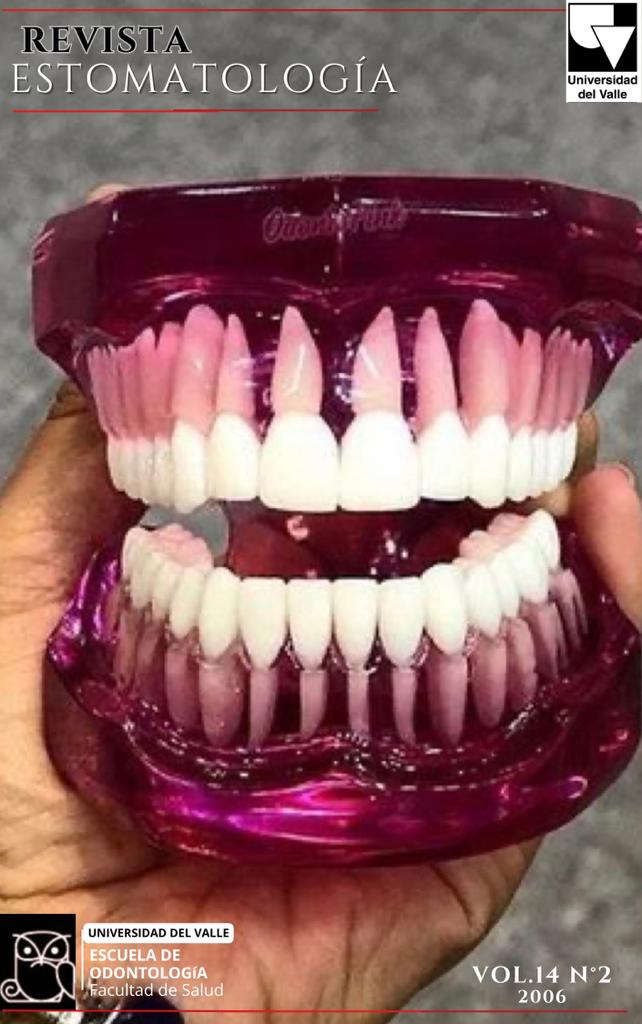Effect of bacterial lipopolysaccharide in primary cultures of human gingival fibroblasts
Main Article Content
Summary: Introduction: different factors participate in the pathogenesis of
periodontal diseases. One factor is the interaction between the fibroblasts and derived products
from the microorganisms found in the periodontal environment. Objective: In this work, cultures of
human gingival fibroblasts from a healthy donor were used to characterize the in vitro responses to
bacterial lipopolysaccharide. Methods: the proliferative response was evaluated using cell count and
expression of CD14 was assessed by flow cytometry. Results: after 24 hours of culture an increase in
the cell number was detected in cultures treated with 1.0 mg/mL LPS, but these differences were not
statistically significant. Human gingival fibroblasts express CD14, but its expression decreases in
cells cultivated after a short period of time. Nevertheless, lipopolysaccharide helps to recover the
expression of CD14 in fibroblast after 24 hours of culture. Conclusion: preliminary result suggests
that expression of CD14 on gingival fibroblasts could be modulated by this bacterial derived toxin.
The primary culture of human gingival fibroblasts allows the establishment of an in vitro model to
evaluate different processes in development of the periodontal diseases. Key words: Gingival
fibroblasts. Lipopolysaccharide. Periodontal disease.
Downloads

This work is licensed under a Creative Commons Attribution-NonCommercial-NoDerivatives 4.0 International License.
Los autores/as conservan los derechos de autor y ceden a la revista el derecho de la primera publicación, con el trabajo registrado con la licencia de atribución de Creative Commons, que permite a terceros utilizar lo publicado siempre que mencionen la autoría del trabajo y a la primera publicación en esta revista.

